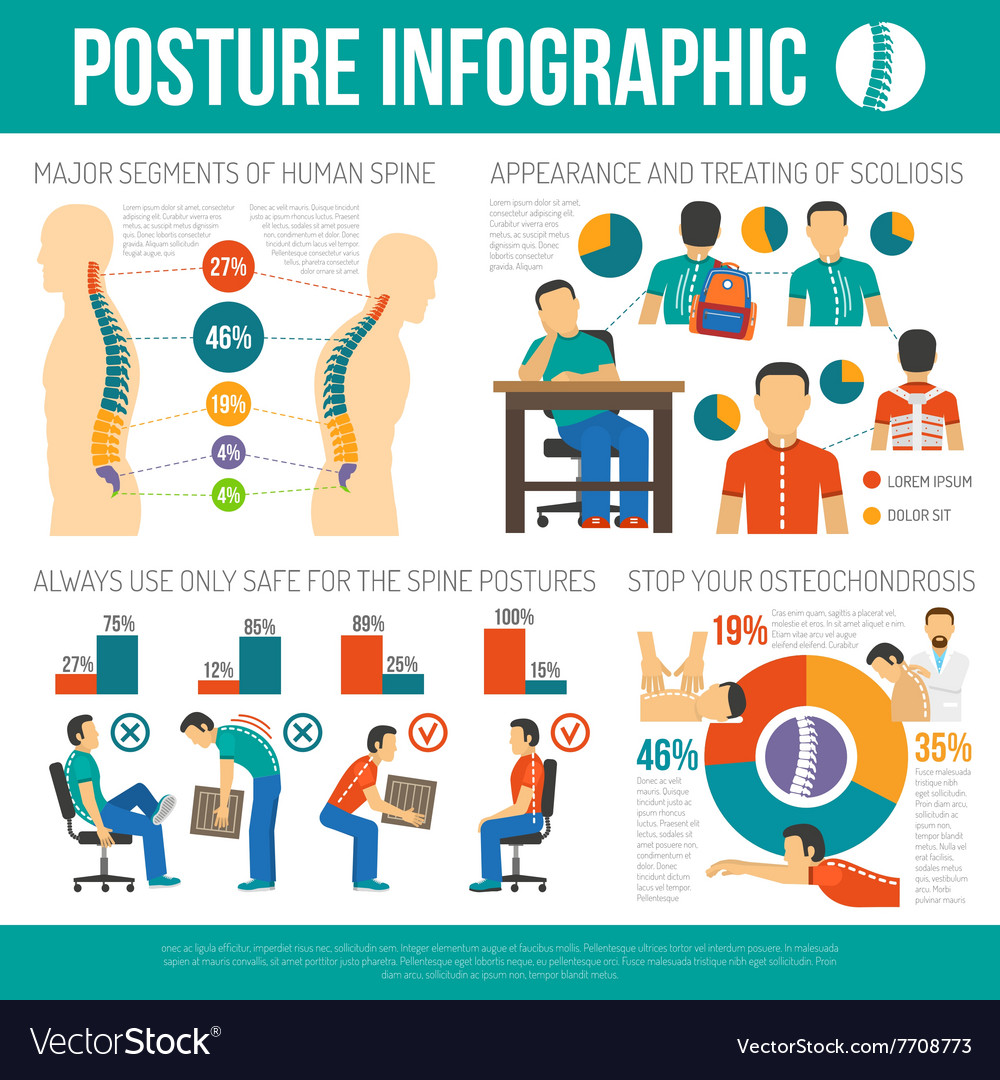Nutrition And Its Value In Back Pain Control: Foods To Favor And Foods To Prevent
Nutrition And Its Value In Back Pain Control: Foods To Favor And Foods To Prevent
Blog Article
Authored By-Cochrane Nicolajsen
When it concerns managing your back pain, the food choices you make can significantly affect exactly how you feel on a daily basis. Picture having the ability to relieve your discomfort simply by changing what you consume. By recognizing acne treatment chinatown of nourishment in back pain management and understanding which foods to include or stay away from, you can take aggressive actions in the direction of a much healthier and a lot more comfortable way of living. The link between nourishment and back wellness is more extensive than you may recognize-- let's check out how particular foods can either calm or aggravate your neck and back pain.
Importance of Nourishment in Pain In The Back
Nutrition plays a critical duty in managing pain in the back. Your diet plan can substantially influence swelling degrees and overall discomfort levels in your back. Consuming a balanced diet abundant in nutrients like vitamins D and K, calcium, magnesium, and omega-3 fats can help in reducing swelling and enhance bones, which are essential for back health and wellness.
In addition, preserving a healthy weight with proper nourishment can alleviate stress on your spinal column, minimizing the threat of back pain.
In addition, specific nutrients like anti-oxidants found in fruits and vegetables can aid battle oxidative tension and promote recovery in the body, including the back muscle mass and spine.
On the other hand, eating extreme amounts of processed foods, sugary beverages, and undesirable fats can contribute to inflammation and weight gain, exacerbating neck and back pain.
Foods to Eat for Back Health
To support a healthy back, incorporating nutrient-rich foods into your day-to-day dishes is vital. Including foods high in antioxidants like berries, spinach, and kale can help reduce swelling in your back, alleviating pain and discomfort. https://chiropractorinmyarea06173.getblogs.net/63731063/advancements-in-chiropractic-modern-technology-forming-the-future-of-the-industry -3 fatty acids found in fatty fish such as salmon and mackerel have anti-inflammatory buildings that can benefit your back wellness.
Furthermore, eating nuts and seeds like almonds, walnuts, and chia seeds supplies vital nutrients like magnesium and vitamin E, which sustain muscle feature and lower oxidative tension. Integrating lean healthy proteins such as hen, turkey, and tofu can assist in muscle mass repair service and upkeep, promoting a strong back.
Do not neglect to include dairy products or strengthened plant-based choices for calcium to sustain bone wellness. Finally, moisten with lots of water to keep your back discs hydrated and working ideally. By including these nutrient-dense foods in your diet regimen, you can nourish your back and support general spinal wellness.
Foods to Stay Clear Of for Back Pain
Opt for staying clear of processed foods high in added sugars and trans fats when seeking relief from back pain. These kinds of foods can add to inflammation in the body, which might exacerbate neck and back pain. Say no to sweet treats like candy, pastries, and sugary beverages, in addition to junk food products like hamburgers, french fries, and fried poultry that are often filled with trans fats.
Additionally, avoid foods including high degrees of refined carbs, such as white bread, pasta, and breads, as they can surge blood glucose degrees and possibly worsen inflammation in the body.
It's likewise important to restrict your consumption of foods high in saturated fats, like red meat and full-fat milk items, as they can add to swelling. Processed foods like delicatessens meats, chips, and packaged treats are often high in saturated fats and should be consumed in moderation.
Final thought
In conclusion, paying attention to your diet and making wise food options can have a considerable influence on taking care of neck and back pain. By integrating nutrient-rich foods like berries, fatty fish, nuts, and lean proteins, and preventing processed and sweet items, you can help reduce swelling and support in general back health. Keep in mind, what you consume plays an important role in just how you feel, so make sure to prioritize your nourishment for a healthier back.
